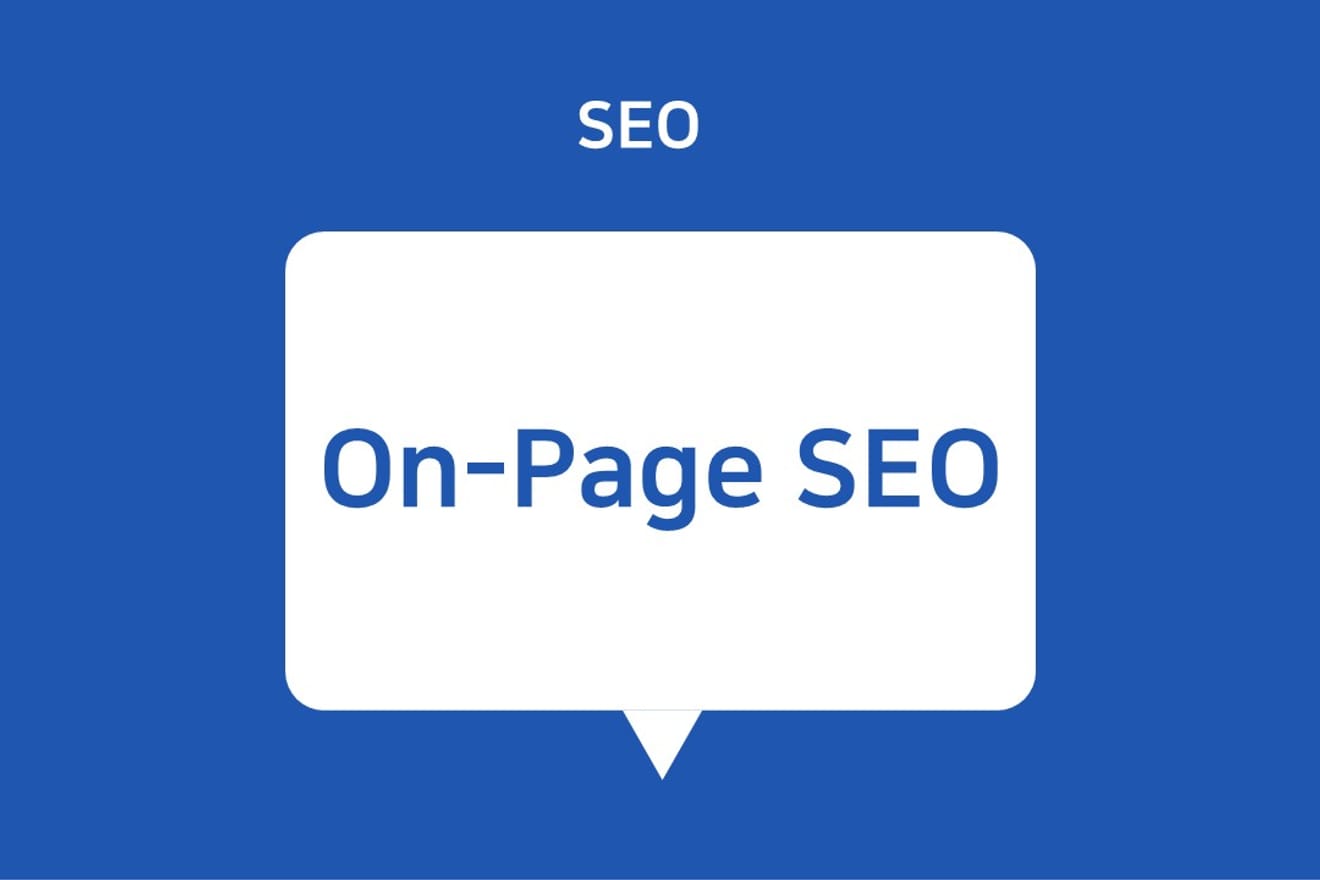Subject
- #On-Page SEO
- #Search Engine Optimization
- #Keyword Usage
- #Content Quality
- #Meta Tags
Created: 2024-05-28
Created: 2024-05-28 11:24
SEOI'm going to talk about On-Page SEO, one of the important concepts in. If you are running a website or blog, you may have heard of search engine optimization. On-page SEO is an important factor that helps your website rank higher in search engine results pages. So, let's find out together what On-Page SEO is, why it's important, and how it can be applied.

On-Page SEO
For example, when you write a blog post, optimizing the title, body, images, and meta tags of that post is considered On-page SEO. By optimizing these elements well, search engines can better understand your website, and the likelihood of it being ranked higher for relevant keywords increases.
First, the quality of the content is important. Search engines prefer sites that provide useful and valuable information to users. Therefore, your blog posts or webpages should contain original and useful information. For example, it's good to provide in-depth analysis of the topic you're covering or to update the latest information. It is also important to use clear and concise sentences that readers can easily understand.
Next is the use of keywords. Keywords help search engines categorize your content and match it with related search terms. It is important to select appropriate keywords and incorporate them naturally into your writing. By appropriately placing keywords in various places such as the title, body, header tags, and meta descriptions, the search engine can better understand your writing and give it a higher ranking for relevant search terms. However, excessive use of keywords can have the opposite effect, so it's important to integrate them naturally.
Also, meta tags are also one of the important elementsMeta tags summarize the information of a webpage and provide it to search engines and users. The meta title and meta description are important factors in determining whether users will click on your website on the search results page. Creating attractive and relevant meta titles and descriptions can increase click-through rates and ultimately lead to more visitors.
Image optimization cannot be overlooked. Images included on webpages can help improve user experience, but if not optimized properly, they can slow down page loading speed. To optimize images, it is advisable to reduce file size and use appropriate file formats. Also, using ALT tags that provide descriptions of images allows search engines to understand the images and include them in image search results.
Internal link structure also plays an important role in On-page SEO. Internal links are links that connect to other pages within your website. A prime example is anchor text. This helps visitors navigate the site easily and allows search engines to better understand the site structure. For example, adding links from blog posts to other related posts can improve user experience and increase page views.
Finally, it's important to consider user experience (UX). Search engines evaluate how long users stay on the site, how often they revisit, etc., to determine the site's ranking. Therefore, it is advisable for websites to be easily navigable and have a mobile-friendly design. Page loading speed is also an important factor. If the page loads quickly, users are less likely to leave and are more likely to stay longer.
In this way, On-page SEO is an important strategy that helps achieve higher rankings in search engine results pages by optimizing elements that can be directly adjusted within the website. If applied correctly, your website can attract more visitors and achieve higher search rankings. Apply On-page SEO to your website based on the content I've introduced today. This will allow you to get more visitors and better search rankings. Thank you.
Comments0